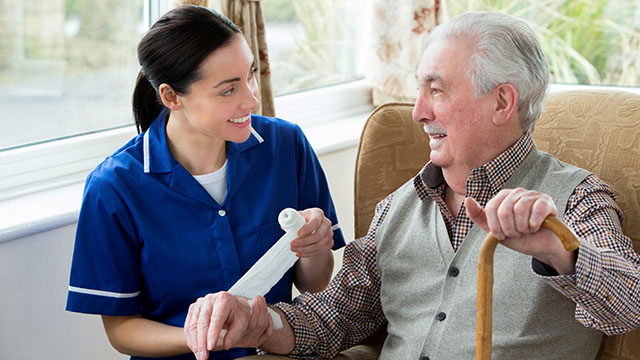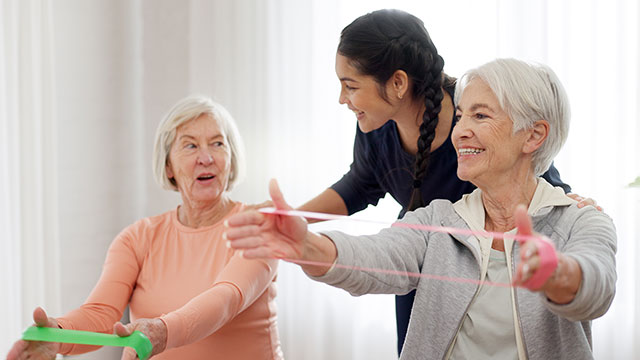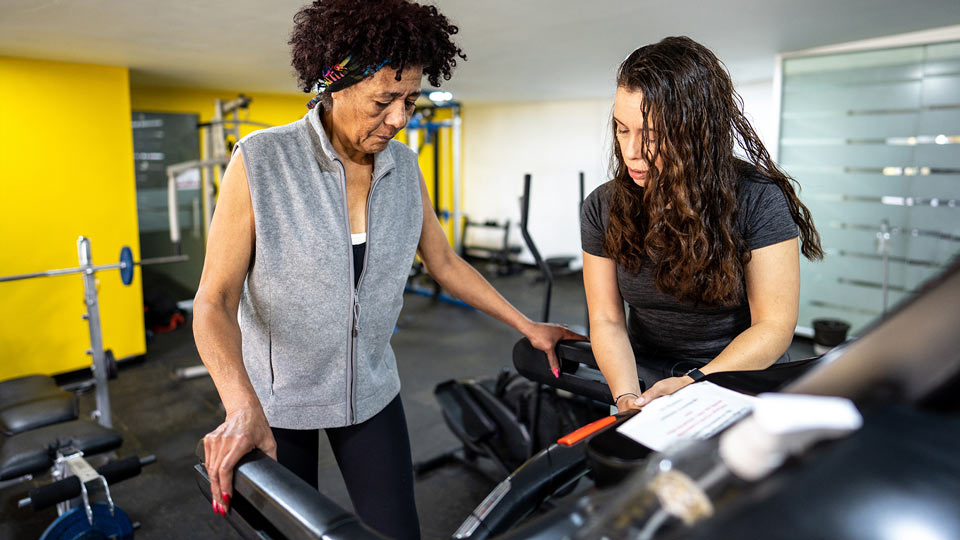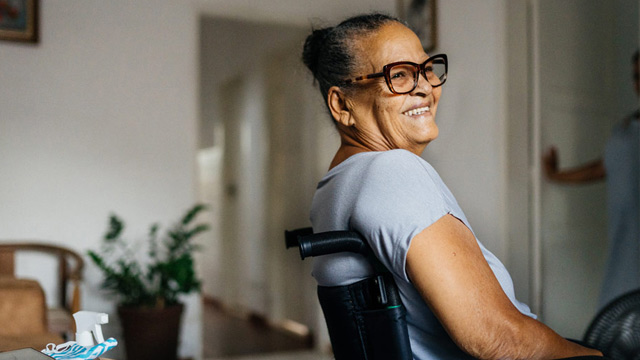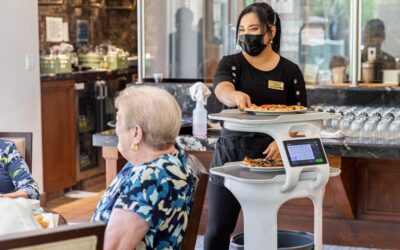Falls prevention is recognized as an international priority, and residents of long-term care facilities are at the highest risk of falls. This presentation will describe an award-winning Australian trial that examined an exercise program (The Sunbeam Program) versus usual care and demonstrated a 55% reduction in falls and a statistically significant improvement in functional mobility in favor of the exercise program. In 2019, the “Sunbeam Trial” won the Morley Award from the Journal of the American Medical Directors’ Association for the paper most likely to influence policy and practice. The program has since been scaled across Australia as government policy has evolved to permit widespread adoption. Sub-group analysis showed that the program is also effective in reducing falls in people with mild to moderate cognitive impairment—a game-changing discovery, as few trials have demonstrated a positive effect for this group of older adults.
This presentation will outline the clinical trial, provide practical advice on how to prescribe and deliver the program, and give real examples of how the right type of exercise program, at the right dose and frequency, has made a significant difference to residents of long-term care facilities. Critical success factors in the trajectory from clinical research to successfully advocating for government policy change will also be described, along with the economic evaluation and cost-benefit analysis of the program.
Learning Objectives:
- Identify risk factors associated with falls in older adults
- Describe best practice exercise for the prevention of falls in older adults
- Discuss research that has demonstrated a clinically and cost-effective program for falls prevention in long-term care

